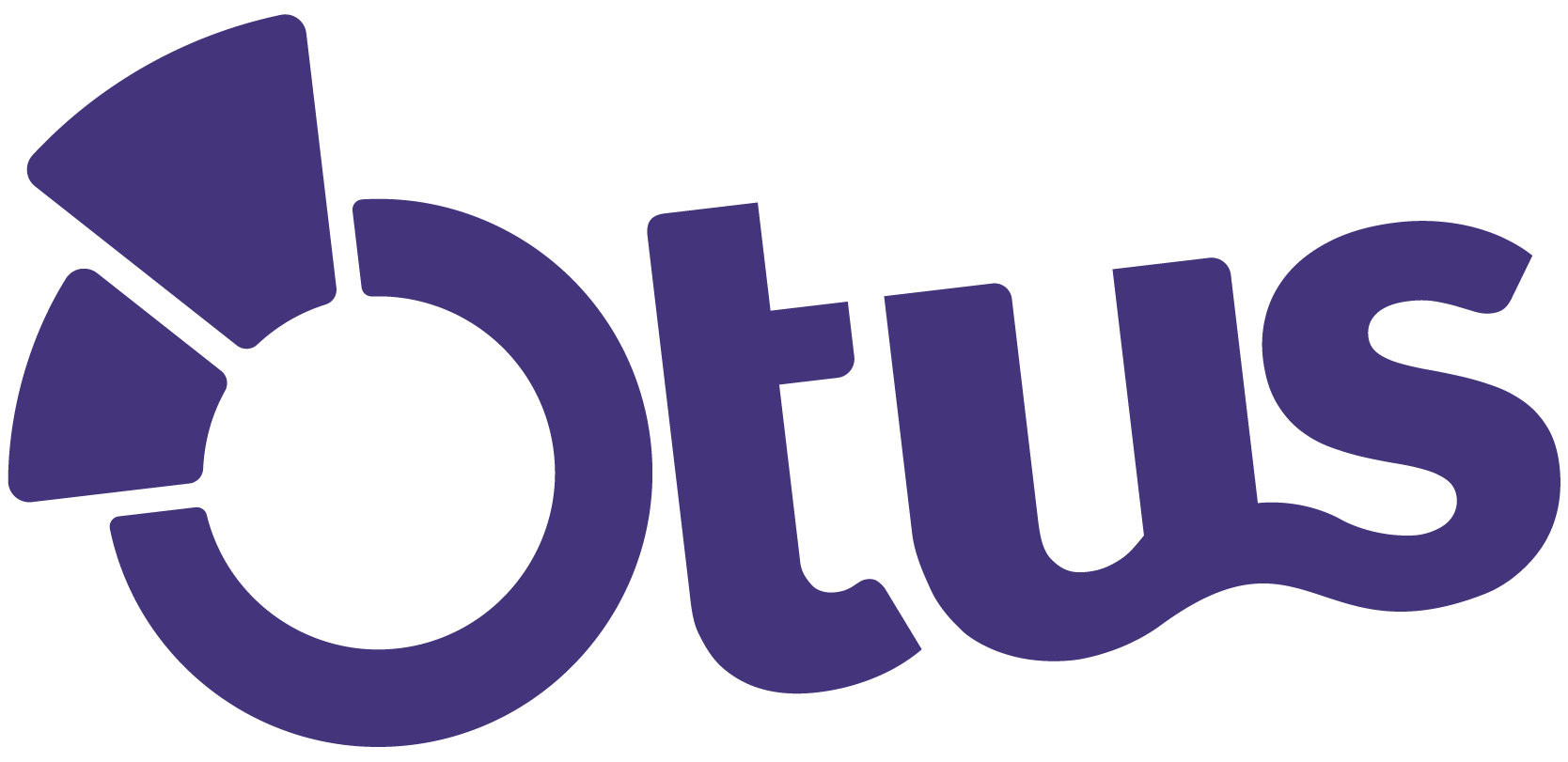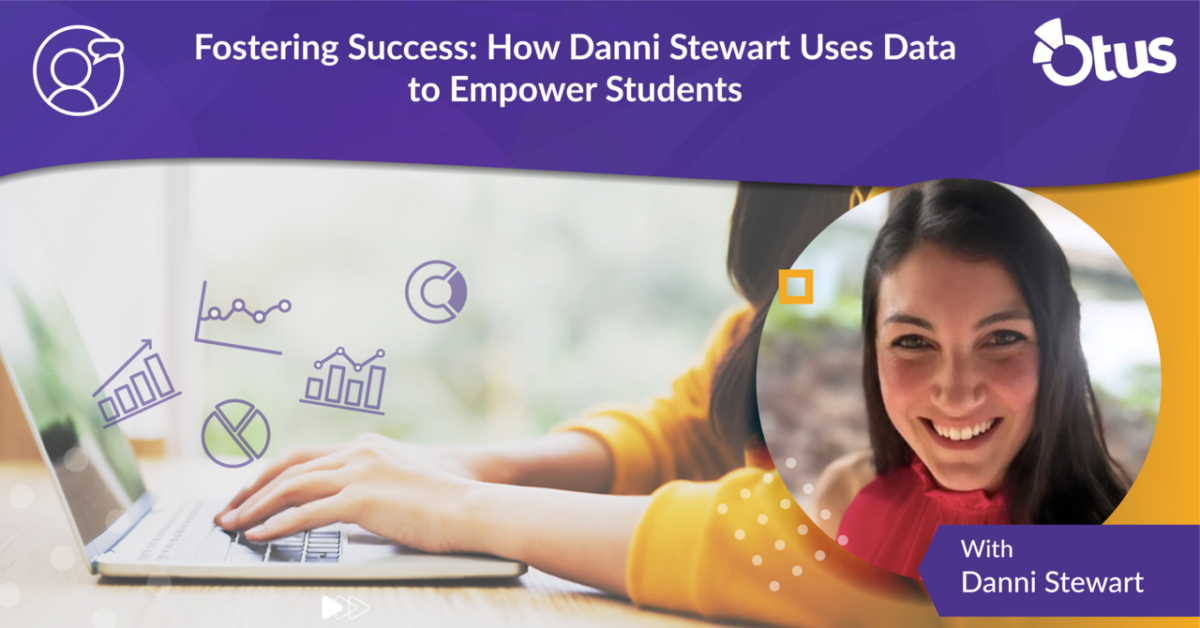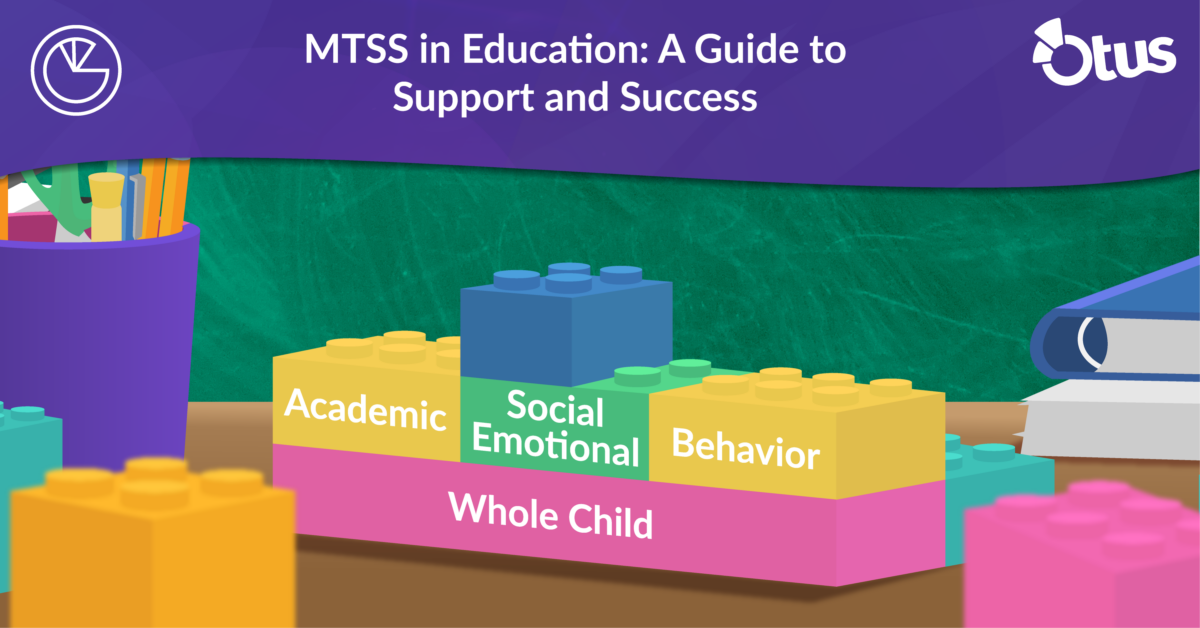Otus Welcomes Longtime Educator, Attorney, and Professor, Andrea Kayne.
A few months back, we were excited to welcome Andrea Kayne to our team as a senior advisor. She is currently serving as Director of the Doctoral Program in Education Leadership at DePaul University’s College of Education. Andrea has spent the past 20 years educating students on how to become successful superintendents and principals. Lastly, she has taught leadership and professional development around the world.
In our initial announcement, we covered a bit about why Andrea was a great fit for Otus. We also shared what she would be doing in the role. With the academic year about to start up again, we wanted to give our readers a deeper look into Andrea’s background and insights into education. Read our short Q&A with Andrea below. Be sure to keep an eye out for more updates on her initiatives throughout the year!
How did you initially get connected with Otus?
The Otus COO, Keith Westman, was truly one of my best students at DePaul years ago. He always impressed me with his ability to understand the rules, the theory, and the best practice. He was also able to be very present and respond in the moment to what needed to be done. As a former musician, maybe it’s that quality of being classically trained while knowing how to improvise a jazz riff.
He also has been a very successful and popular adjunct for us. Again, he applies theory to practice but also challenges theory with practice. Students really appreciate his sense of humor. Keith brought me in to his school when he was a principal to do professional development presentations and to consult on some difficult situations. I was so impressed with the culture he created where all stakeholders (teachers, parents, school board members, and most importantly, students) felt seen and heard.
Why did you decide to join as a senior advisor?
For me the most important quality of a school is its sense of community. Do stakeholders feel seen, heard, valued? Is there an effective infrastructure where stakeholders can talk to each other, work together, get to know one another, deal with conflicts as they arise, and effectively collaborate to create a culture of continuous improvement? These questions are important to me and integral to the success of principals and superintendents. Because of this, I developed courses at DePaul regarding data-informed decision making; professional learning communities; transforming conflicting stakeholders into strategic partners. Otus’ software was such a natural fit for me because it provides an amazing fully-integrated, user-friendly infrastructure. It helps make distributed leadership and a culture of continuous improvement not only possible, but optimal.
Outside of my appreciation of their software, I also decided to join Otus because I believe I can add value in several important ways. Through my career in education, I’ve built an extensive network of educators around the country and the globe. I’ve seen the issues that these educators encounter. Otus has the capability to help solve a number of those issues, and I’m excited to be a part of that.
What are the biggest changes you anticipate in education and edtech over the next 5-10 years?
There are a few key things I think we will see
- I definitely think ensuring school safety and attending to social-emotional learning is important and only will become more so.
- I think there is going to be increasing pressure to show that educational technology — whether hardware (laptops for each student) or software (learning curricula, etc.) — has a positive and significant impact on student performance and is well worth the investment.
- I believe the prevalence of distributed leadership schemes and the proliferation of professional learning communities will require districts to share more information with teachers, staff, and parents. In addition, I think it will involve them more in decision-making.
- Edtech will be going global. Not only will it be bringing great technology to the world, but also bringing educators and students from around the world together.
What are the three most important traits that a successful school principal should have?
- Emotional intelligence is needed to transform competing stakeholders into strategic partners. I was pleased to see that Keith had his copy of Fisher and Ury’s Getting to Yes at the Otus office. He first read that in my class.
- A principal needs to create a professional learning community or utilize data-wise protocol. This is so that all teachers feel safe and have the data literacy to meaningfully examine instruction to create and participate in a culture of continuous improvement.
- The ability to think about the individual and the whole at the same time, which can be very tricky.
Outside of Otus, what are you most excited about in your own work right now?
I am working on a book entitled Kicking Ass in a Corset: Jane Austen’s 6 Principles of Internally Referenced Leadership in Externally Constraining Times. This is based on a speech I gave at a national conference as well as an article I published on the Ms. Magazine website.




